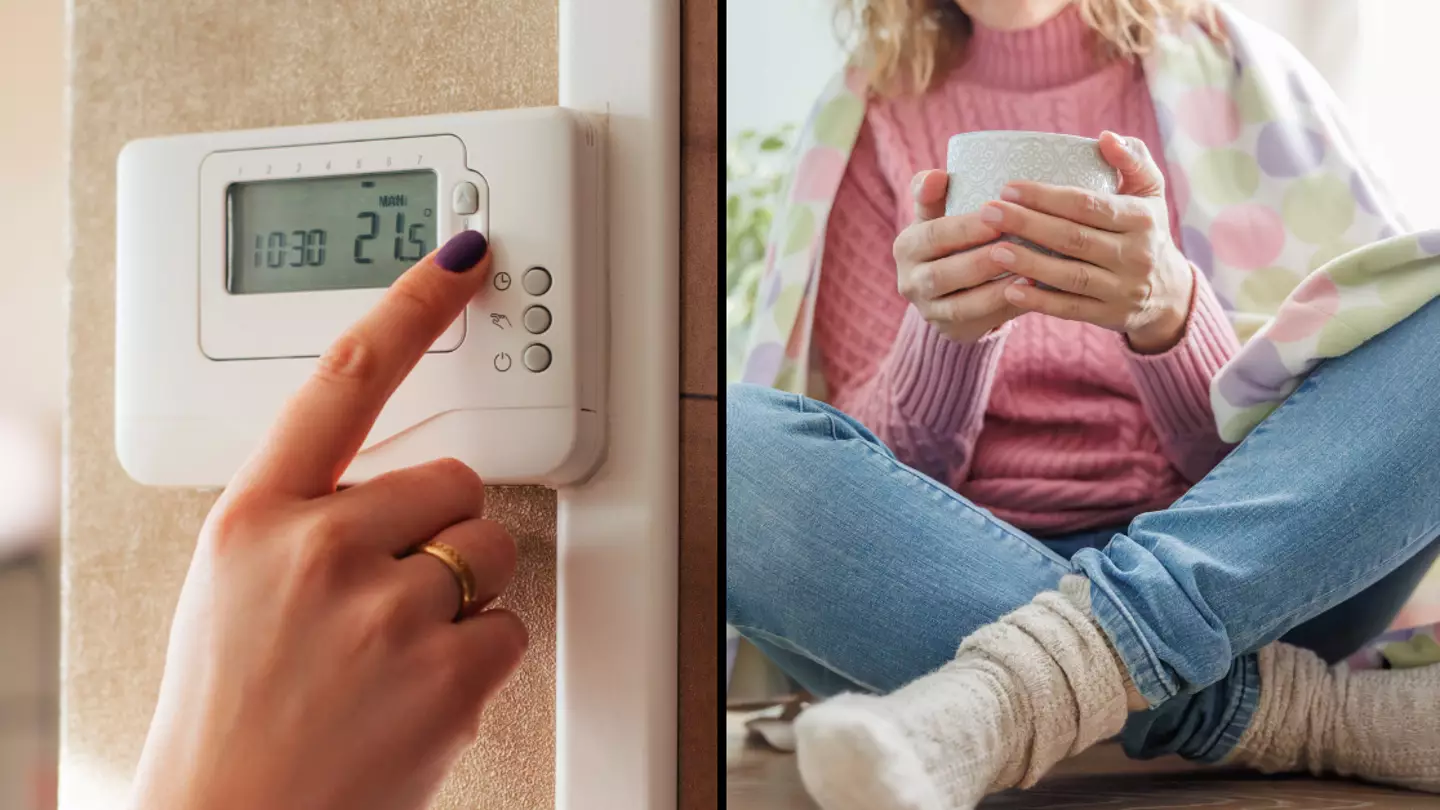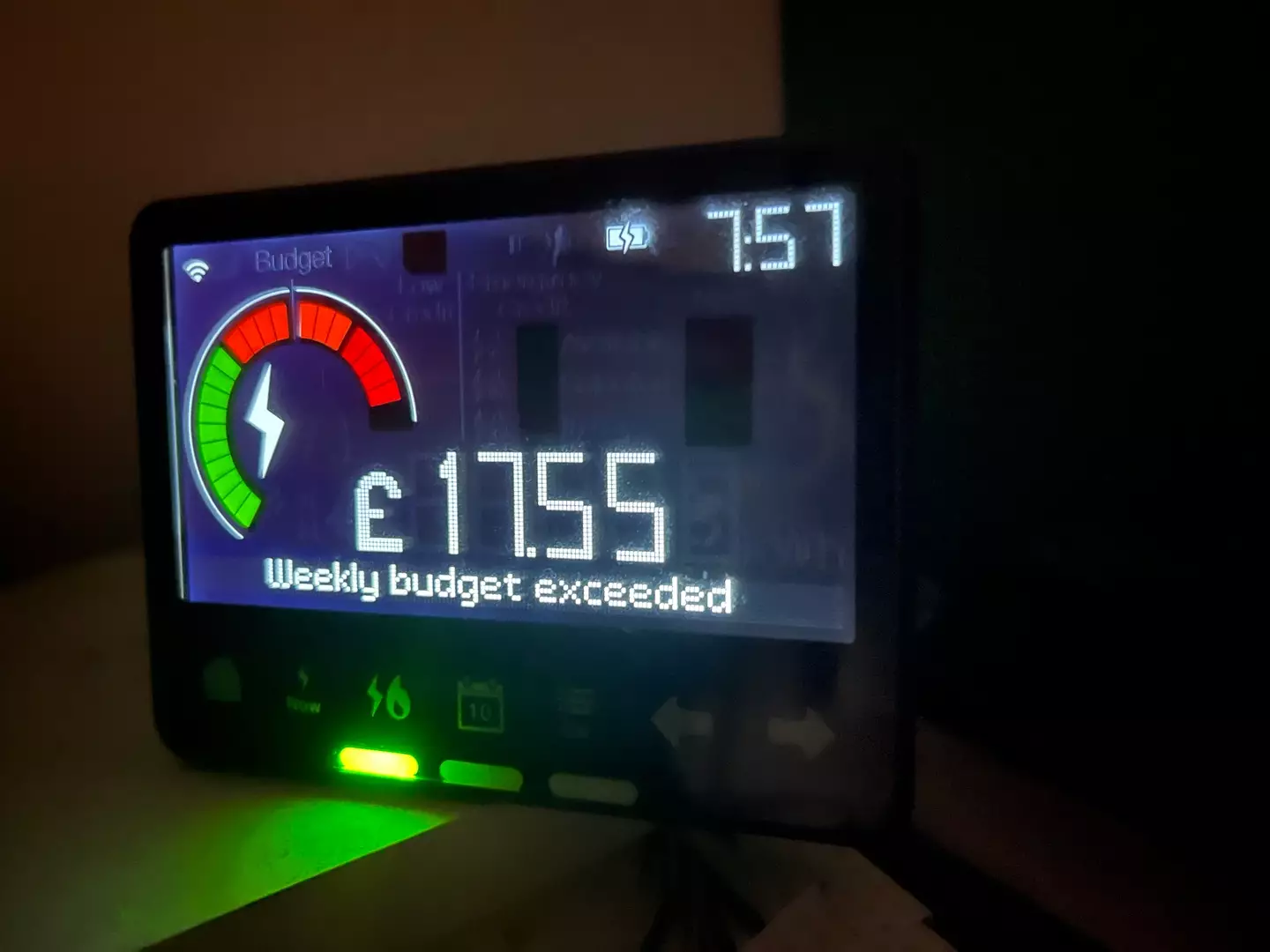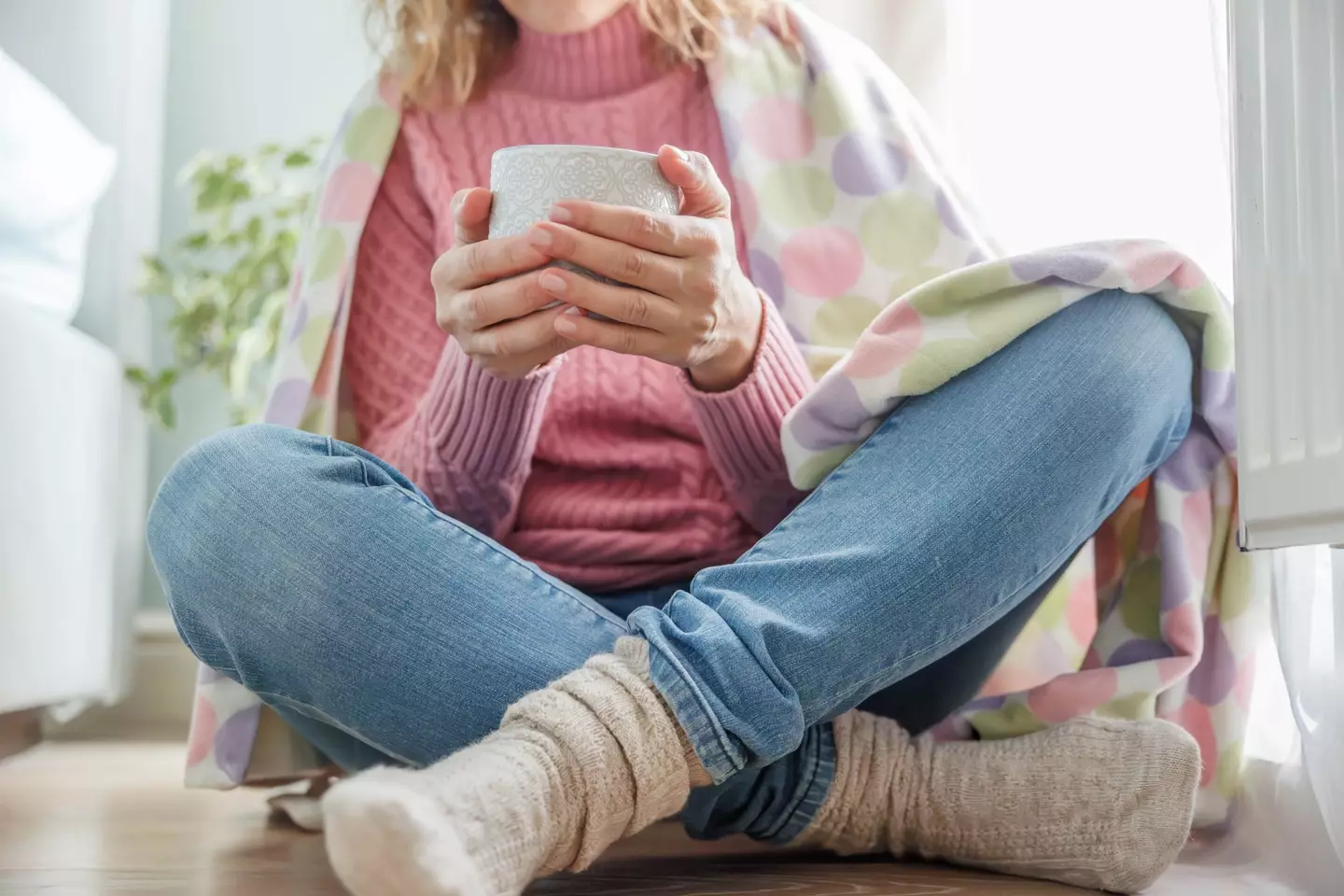
Gas and electricity bills have just increased overnight thanks to the latest energy price cap rise by Ofgem, meaning millions of Brits will be more desperate than ever to count every penny spent to keep their house warm and water hot.
And as part of that, numerous people have been seeking the answer to a question that has dogged down homeowners for years. Is it cheaper to leave your heating on all the time or only when you need to a few times a day?
Well, the question has been answered by none other than Martin Lewis and his Money Saving Expert team which is, for many, the oracle when it comes to saving the pennies and pounds.
Advert

What has happened to energy bills?
As of today (1 October), the UK energy regulator Ofgem has increased the price cap on gas and electric to £1,717 from £1,568. That's an increase of £149 every year.
The energy price cap limits the amount that a supplier can charge for their default tariff.
That includes something called the 'standing charge', which is the daily amount you have to pay for your supply, no matter how much energy you use.
Advert
It also relates to price for each unit of electricity and gas you use, measured in pence per kilowatt hours, or p/kWh.
Importantly, if you don't use your heating much or are looking to use it less, you wont pay anywhere near the price cap. It is a cap, after all, not a mandatory amount.

Is it cheaper to leave the heating on all day or turn it on when I need it?
Over on the MSE website, Lewis' team has given their two cents on this age old debate that has gone on for years.
Advert
Even for the experts on Lewis' books, they stress that they 'wish we could give you a definitive answer but this question is far more complex than it first seems and we're not heating engineers or physicists'.
Despite this, they have given it their best shot when it comes to keeping as much money in your pocket as possible while not letting your home become an ice box.

So what is the answer, according to Martin Lewis' team?
The MSE team explains that what is cheaper will come down to 'the type of heating system, your usage pattern, and what type of home and insulation you have'.
Advert
They say: "The 'official answer' – leaving the heating on all day leads to greater heat loss and means higher cost.
"The main UK public body for reducing energy use and carbon emissions is the Energy Saving Trust. Its formal answer is that leaving the heating on all day consumes more fuel, leads to greater heat loss, and that means higher costs.
"The concept is simple: pump heat into your home when you need it; don't pay to keep pumping it when you don't.
"It says this is the best way to save energy and money. Using a timer is best, so your thermostat turns your heating on and off to keep your home at the temperature you want."
When should I turn my heating on?
According to the NHS, there is a specific time you should turn your heating on, and it is all to do with what the temperature outside is.
Advert
When temperatures get below 15 degrees Celsius outside, you should turn your central heating on, with the NHS advising this is due to health reasons.
You should make sure your home is no cooler than 18 degrees Celsius and close your windows at night, with cold air leaving you more at risk from respiratory infections.
Topics: Martin Lewis, Money, UK News, Hacks, Cost of Living, NHS, Health